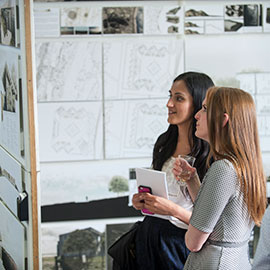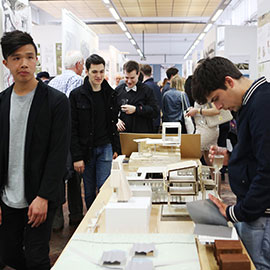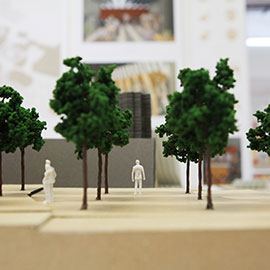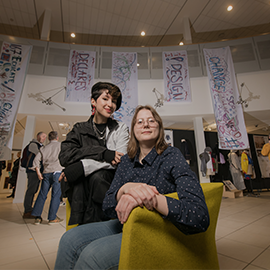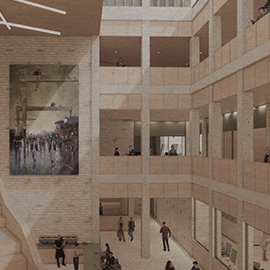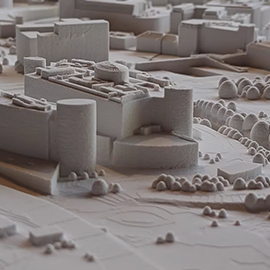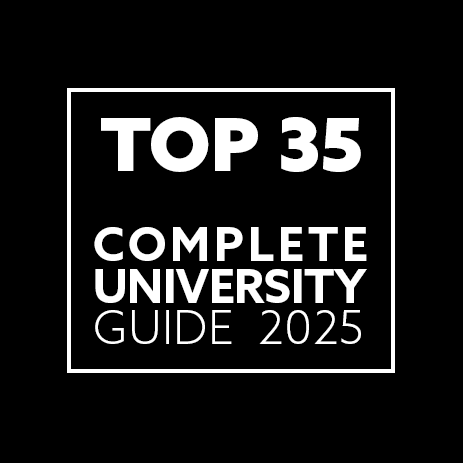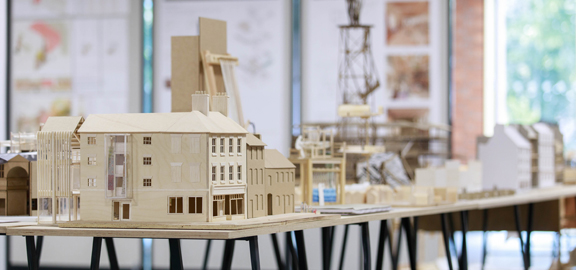Please note: From September 2026, Foundation Years at Northumbria are changing and will become integrated 'Extended Degrees'. Register your interest to be kept in the loop about 2026 entry.
Interested in developing your knowledge of the environment we build within a wider geographic and environmental context? This course gives you the technical skills, subject knowledge and experience necessary for you to progress onto a choice of undergraduate degrees.
This hands-on course ensures you gain relevant academic knowledge and practical skills from the outset using our high-quality, current technology and on-site laboratories.
At Northumbria you will experience first hand knowledge of the built environment and the wider environmental context. The programme will focus on all the appropriate elements for the initial stages of developing you as a Northumbria Graduate and ultimately as an undergraduate degree student. The learning outcomes for the Built Environment programme and the modules have been mapped against the professional development requirements and the competencies required by this industry.
Northumbria foundation year students have a mature, intellectual curiosity through an examination and understanding of professional practice, current theories, policy and real-life practice. As a result, you will be able to develop and apply your academic knowledge and experience of research skills to your chosen degree programme.
You will be taught by a diverse group of built environment related professionals. Their background, knowledge and experience in both practice and academia, and the emphasis and support of a research rich learning environment, will allow you to develop a research rich, practice based experience and encourage you to carry on your studies in an undergraduate programme.
Why choose Northumbria to study Architecture and Built Environment?
There is a set of modules to follow if you want to go onto further study in Built Environment.
On successful completion of the foundation year, you
can go on to study a range of courses including:
 Option for Placement Year
Option for Placement Year Option for Study Abroad
Option for Study Abroad

